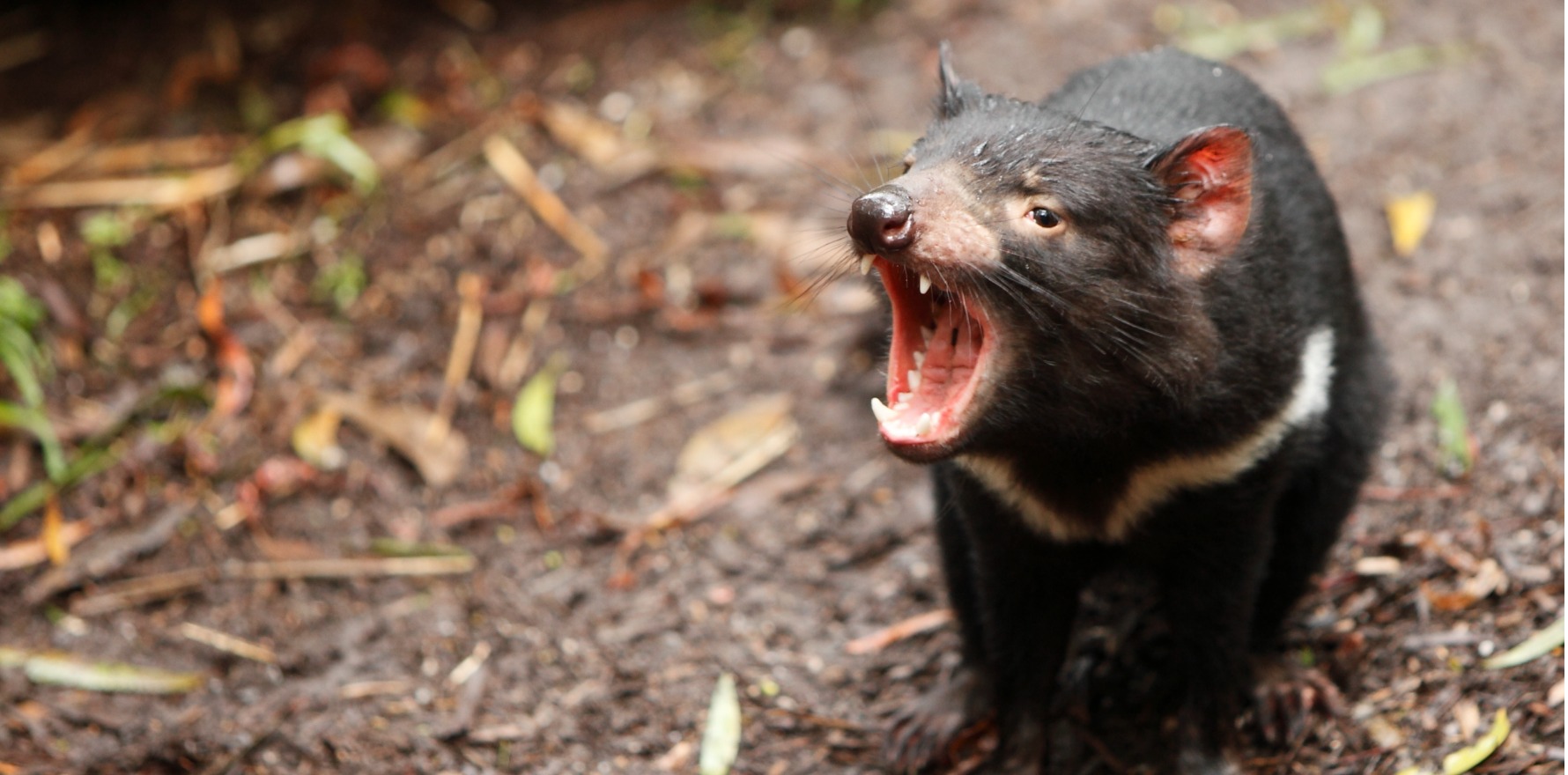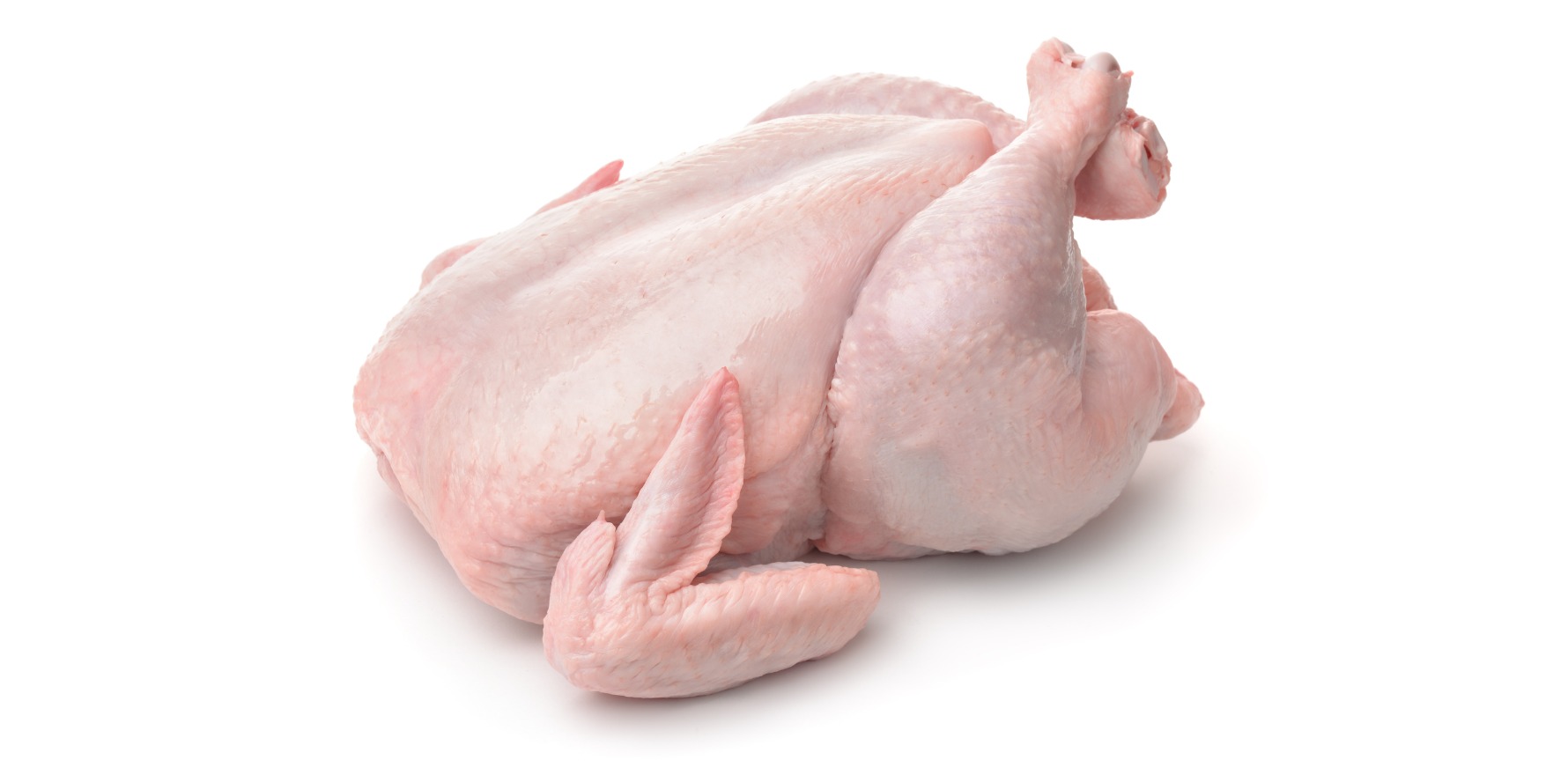Tasmania will get one more new urgent care clinic this year, but local doctors are split over what it means for the workforce.
The federal Health Minister has been in the firing line of the Tasmanian government and local GPs for very different reasons, after the announcement of a new urgent care clinic in Tasmania.
Mark Butler flew to Tasmania this morning to discuss the state’s fifth federally-funded UCC – one of 29 new urgent care clinics promised in the $277-million expansion of the Medicare UCC program in the 2024-25 federal budget.
The exact location of the new UCC will be decided by the state in collaboration with the local Primary Health Network.
According to DoHAC, the four existing Tasmania clinics – in Hobart (Liverpool Street and Bathurst Street), Devonport and Launceston – have received more than 25,000 visits, a quarter of which were for children under 15.
As well as funding the new fully-bulk-billed UCC, the government will be providing more support for existing UCCs to help with the high costs of staffing and to establish more services.
Speaking to ABC Tasmania this morning, Mr Butler said he hoped the clinic would be open by the end of the year.
Calling in to the station, Tasmanian GP Dr Elizabeth Grey raised concerns over the workforce, given the GP shortage in Tasmania and the inadequacy of Medicare rebates for nurse practitioners.
“Nurse practitioners aren’t affordable in general practice,” she said.
“I don’t think it’s feasible for a general practice to be a private practice any more.”
In his response, Mr Butler said he agreed about the adequacy of rebates and touted the government’s 30% rebate increase that would take effect this year.
When questioned about whether UCCs “cannibalise” other GP practices, Mr Butler said UCCs were “not there for run-of-the-mill GP work”.
“There’s no evidence of that at all,” he said.
“There are some cases of people coming through the front door, they’re attracted to the idea it’s a bulk-billing clinic, they just want to see a doctor for a check-up, they’re referred back to their usual GP.”
Mr Butler said UCCs only bulk billed for urgent care Medicare items, so could not bulk bill for, say, a chronic disease checkup.
Speaking to The Medical Republic, Rural Doctors Association of Tasmania vice president Dr Aaron Hawkins echoed workforce concerns.
He said that while the RDAT was “in principle” supportive of UCCs, there were “pretty significant” reservations about the model, due to the lack of support across the wider system.
“[The UCC model] is funded in isolation and on top of Medicare.
“That can undermine and exacerbate the workforce problems that we have all across Tasmania.
“[It] drags doctors from our rural district hospitals that are working there as urgent after-hours support into a UCC in the metro setting.
“Or it drags GPs from their day job who are usually being paid under Medicare alone, which is inadequate, and paying them in a UCC structure that’s propped up with Medicare and extra funding.
“You’re dragging GPs away from their ordinary general practice job, which is where we know that the research is supported for patient outcomes.”
Dr Hawkins said the fact that UCCs need extra funding on top of Medicare billing “clearly indicates that all of these other services are inadequately funded”.
Related
But Dr Mark Baldock, who works as a GP within and outside of UCCs in Tasmania, said that the UCC that he worked at in Hobart was only open after regular GP hours – from 4pm to 10pm – therefore attracting a different workforce to the wider pool of GPs.
“A lot of GPs don’t mind seeing acute care patients, it’s just the unsociable hours that are challenging for GP,” he said.
“So the type of general practitioners working in the acute care setting in the UCCs is not your regular GP working nine to five.”
Dr Baldock said Bridgewater, where the new UCC will be, represents an area of “extreme need”, with one of the oldest populations in Tasmania, some of the largest burden of chronic disease and one of the largest Indigenous populations.
Dr Baldock added that there was still need for better funding for extended-hours general practice, which offered a completely different array of services, to ensure accessibility for the “21st-century patient”.
Also on Mr Butler’s case in regard to the new UCC, but for different reasons, was Tasmania’s Health Minister Guy Barnett.
Mr Barnett, who had been pushing for five additional UCCs, said one new UCC was “far from enough”.
“I wrote to the federal Labor government seeking centres in growing regional areas like Sorell, Kingston, Bridgewater, as well as in Burnie and Launceston – to get more UCCs, as Tasmanians deserve,” he said.
“Federal Labor must explain why it has failed to sufficiently allocate the funding required to ensure Tasmania can meet the increasing demand on the healthcare system, noting federal Labor’s underfunding of GPs.”





